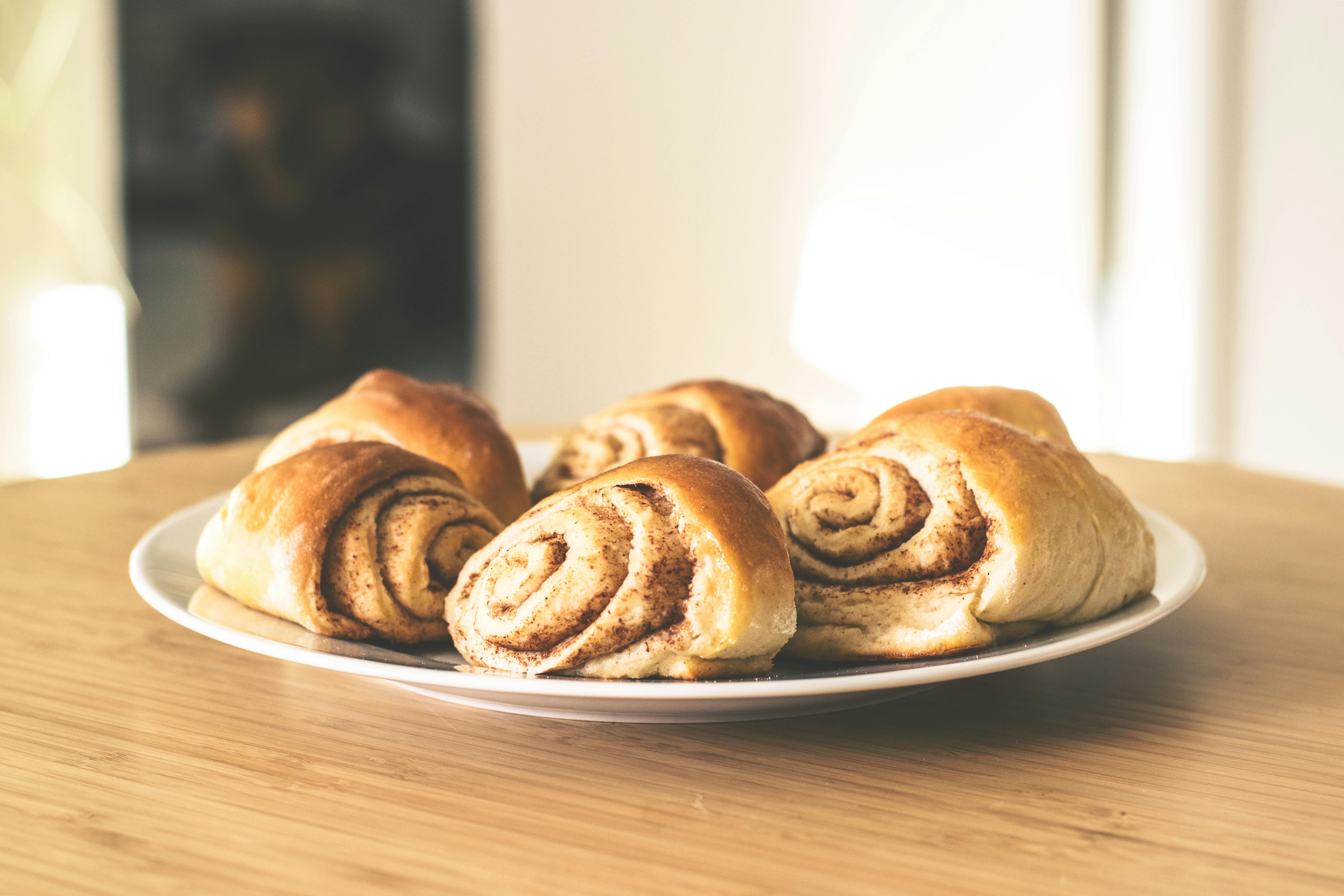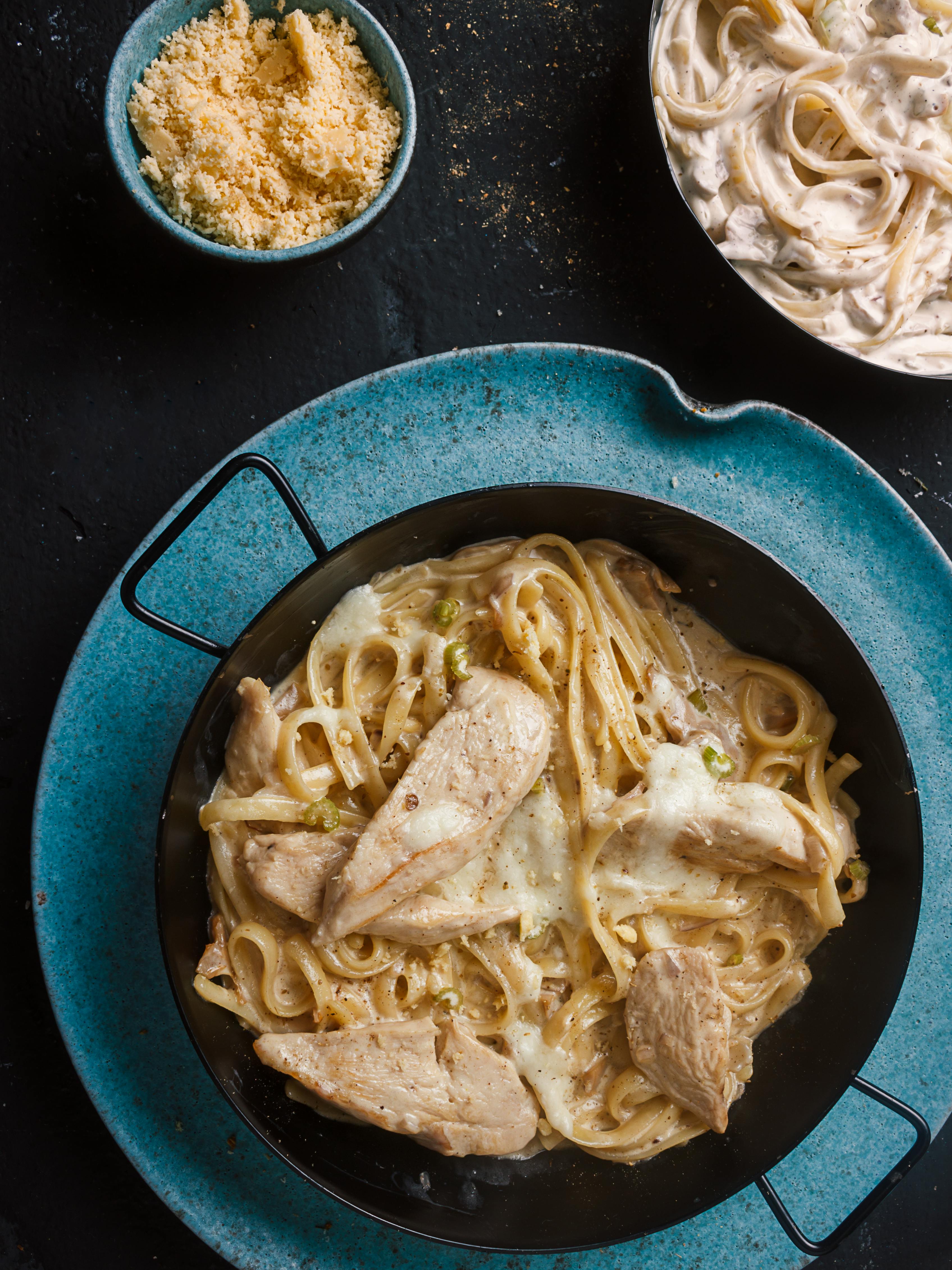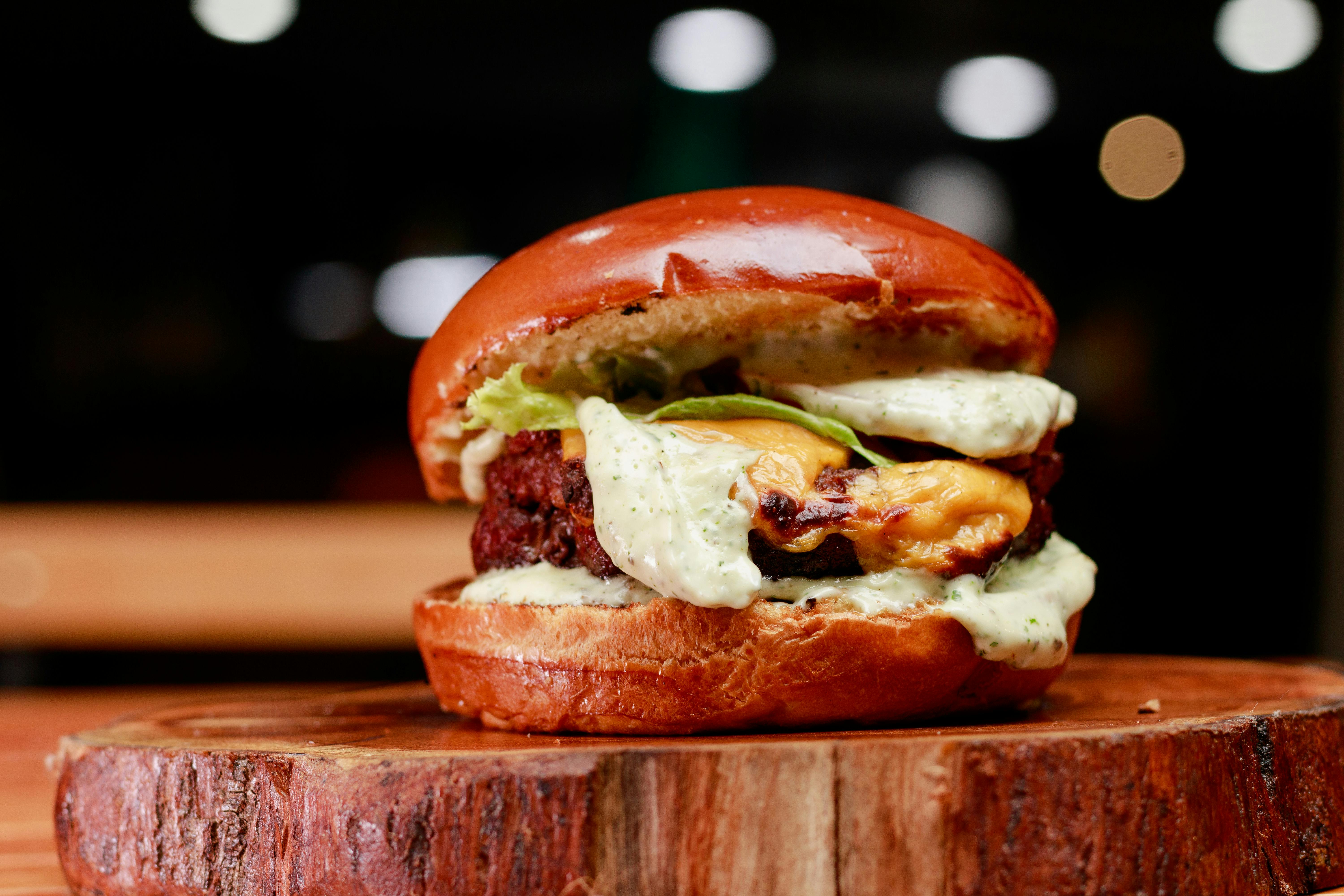Effective Ways to Enhance 101 Cookbooks in 2025
As we step into 2025, enhancing the culinary experience with 101 cookbooks can transform how we approach cooking. The compilation of easy recipes, healthy cooking methods, and gourmet creations caters to a diverse of cooking enthusiasts — from families seeking quick meals to aspiring chefs eager to explore international cuisine. This article will explore several effective ways to revamp these cookbook collections, focusing on current culinary trends, seasonal ingredients, and innovative meal planning techniques.
Valuable for beginners and seasoned cooks alike, making the most of these cookbooks involves integrating modern cooking tips with traditional recipes. Our roadmap will cover unique subtopics such as ingredient substitutions, baking basics, and the growing inclination towards plant-based cooking. Whether you're looking for dessert recipes or quick breakfast ideas, this guide aims to inspire creativity in the kitchen.
By the end, you will have practical insights on refining your cooking strategy, tapping into food trends, and appreciating the art of cooking through food photography and comfort food. Let’s dive in!
Utilizing Seasonal Ingredients for Flavor and Freshness
Understanding the importance of seasonal ingredients is crucial in everyday cooking. Not only do these ingredients boost flavor, but they also promote healthier eating habits and support local agriculture. By incorporating seasonal recipes into your cooking repertoire, you can create vibrant dishes that celebrate nature's bounty throughout the year.
Identifying Seasonal Produce
Start by familiarizing yourself with what produce is in season during each month. This knowledge allows you to select the freshest ingredients, enhancing the flavor and nutritional value of your meals. For example, winter months might bring hearty root vegetables, while summer showcases an array of colorful fruits and greens.
Creative Recipe Collections
Compile a list of easy recipes that highlight seasonal ingredients. These could range from simple salads using fresh greens in spring to warm, comforting soups featuring winter squash. Creating themed recipe boards can offer cooking inspiration that aligns with the changing seasons.
Emphasizing Sustainable Cooking
Using seasonal ingredients often aligns with sustainable cooking practices. By choosing local produce, you reduce your carbon footprint and support farmers in your community. Seek out farmers' markets or local co-ops—these can be fantastic resources for finding high-quality, fresh ingredients.
Meal Planning with Seasonal Flavors
Incorporating seasonal ingredients into your meal prep strategies can help streamline cooking processes, reduce waste, and maximize flavor. Plan meals around what produce is readily available, setting yourself up for success in the kitchen while keeping grocery costs manageable.
Example Dishes to Try
Consider trying roasted seasonal vegetables or fresh fruit salads. These dishes not only showcase the vibrancy of seasonal produce but also align perfectly with family meals and special diets. Experimenting with new flavor profiles can also highlight international cuisine and enhance your cooking techniques.
With these approaches, you can elevate your cooking experience significantly. This naturally leads us to the next topic: mastering baking basics that can further enrich your cookbook collections.

Mastering Baking Basics for Everyone
Baking opens up an entirely different world of culinary arts, encompassing everything from simple breads and muffins to intricate pastries. For those looking to enhance their skills within 101 cookbooks, mastering baking basics is a crucial aspect that cannot be overlooked.
Understanding Essential Baking Techniques
Familiarizing yourself with essential baking techniques lays a strong foundation for any aspiring baker. Learn about mixing methods, measuring, and the significance of ingredient temperature. Understanding these techniques will set you up for success, whether you are following a traditional recipe or trying something new.
Recipe Ideas for Beginners
For beginners, focusing on simple and forgiving recipes, such as easy desserts or quick breakfast bakes, can build confidence. Start with recipes that utilize basic skills and ingredients you already have at hand, ensuring that you slowly develop your baking repertoire.
Exploring Advanced Baking Skills
Once comfortable with the basics, explore more advanced baking skills that challenge your current capabilities. Techniques like sourdough starter maintenance or puff pastry creation can dramatically elevate your baking arsenal, encouraging you to experiment with various flavors and textures.
Diving into International Baked Goods
Explore the world of international cuisine by trying your hand at traditional baking methods, from making Mexican pan dulce to Italian ciabatta. These recipes not only provide an authentic culinary experience but also help you understand the cultural significance behind each dish.
Baking for Special Occasions
Consider creating a section in your cookbook specifically for baking for special events and entertaining guests. Showcase recipes that impress, such as gourmet desserts or themed cakes for birthdays and holidays. This will ensure that you are well-prepared to wow your guests while enjoying the baking process.
As we explore the art of baking, it opens the door to perfecting another key element of cooking: effective meal prep strategies. Let’s delve into how to maximize efficiency and enjoyment in your cooking experiences.

Effective Meal Prep Strategies for Busy Lifestyles
In today’s fast-paced world, effective meal prep strategies have become a necessity for many home cooks. Streamlining meal prep enhances the cooking experience, encouraging creativity and making healthy eating more accessible.
Organizing Your Kitchen for Efficiency
Begin by organizing your kitchen tools and ingredients. A well-structured kitchen can save valuable time during your meal prep sessions. Keep tools readily accessible and group similar ingredients together, allowing for a smoother cooking process.
Creating a Weekly Meal Plan
Devote time each week to create a meal plan that incorporates your 101 cookbooks. Consider your family’s preferences and dietary restrictions while structuring meals that are simple yet satisfying. Create a balanced weekly menu using quick meals, international recipes, and healthy snacks to keep things fresh and exciting.
Incorporating Batch Cooking Techniques
Batch cooking allows you to prepare larger quantities of a dish, saving time for future meals. Learn how to cook delicious family meals in bulk, divide them into portions, and freeze them for quick access during busy nights. This cannot only reduce weeknight stress but also minimize food waste.
Utilizing Meal Prep Containers
Investing in quality meal prep containers can revolutionize your cooking workflow. Appropriately sized containers make storing and reheating easy while keeping meals intact and appetizing. Labeling containers also aids in clarity regarding their nutritional content and helps you manage frozen meals effectively.
Learning Kitchen Hacks to Save Time
Incorporate kitchen hacks that can save you time during cooking. For example, chopping vegetables in advance or utilizing a slow cooker for convenient meals can make meal prep much more enjoyable. Additionally, cooking classes online can offer valuable insights and techniques to level up your skills.
With proven meal prep strategies put into practice, you’ll find cooking becomes a more enjoyable and less time-consuming process. Building on this organization mindset, let’s now explore how to master cooking techniques and chef secrets to take your culinary skills to the next level.
```